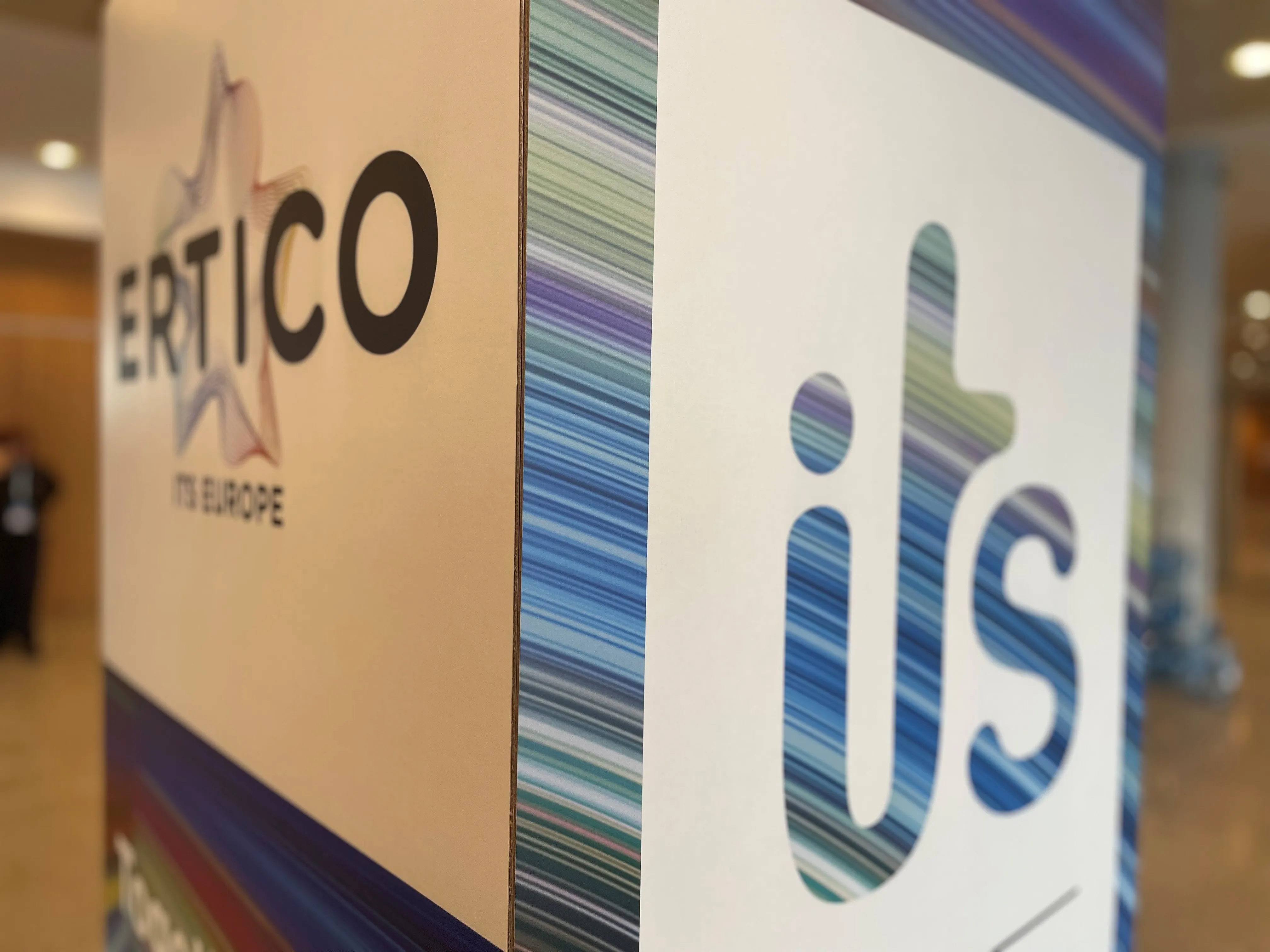
A new UK research hub will examine how digital twins can help decarbonise transport systems, from road and rail to air and maritime.
The TransiT Hub is led by Heriot-Watt University in Edinburgh and the University of Glasgow. Along with another six universities, they will work with 67 private sector partners on the research.
Digital twins - digital replicas of the physical world – are built using data collected in real time by sensors connected to infrastructure such as roads. The data can be analysed to test and improve different scenarios. The digital twin can then send back its solution for an improved process to the physical world in near real-time.
The TransiT Hub said that this could help motorists and reduce carbon emissions, for example through updating digital road signs with information on the shortest route out of traffic jams.
By speeding up the way new systems are tested, it will help to identify the lowest-cost pathways to net-zero carbon emissions, such as through helping logistics companies to identify the most sustainable routes, vehicle types and journey times.
Passengers and commuters will also benefit through being able to identify and help them make decisions about the most sustainable travel choices on a local, regional and national level.
Personalised digital twin assistants, operating similarly to how a Netflix account learns a viewer’s preferences, could also build an understanding of mobility needs and journey requirements. They could then offer near to real-time journey options based on individual needs and budget, as well as the reliability of transport services and how the impact of weather might change them.
“Digital twinning is a powerful technology that can help us integrate transport networks, improve efficiency and deliver greener transport for all,” said Mike Kane, UK transport minister.
“The launch of TransiT is an important step which will bring together academia, industry and government to research and realise the benefits of this technology for the transport sector. This is an excellent example of the work being done across government to deliver true innovation.”
Data to build the digital twins will come from TransiT’s industry partners, including the number and type of vehicles, fuel types, load sizes, length and frequency of routes.
“We will explore how digital twinning can improve the design of future transport solutions, to ensure services are accessible to all,” said professor David Flynn, a professor at the University of Glasgow and a joint director of TransiT Hub.
“It’s challenging for designers and engineers today to appreciate the perspective of citizens with mobility challenges and what they experience throughout the full journey. If we can create and embed new design principles, we can identify equitable pathways to decarbonisation.”










